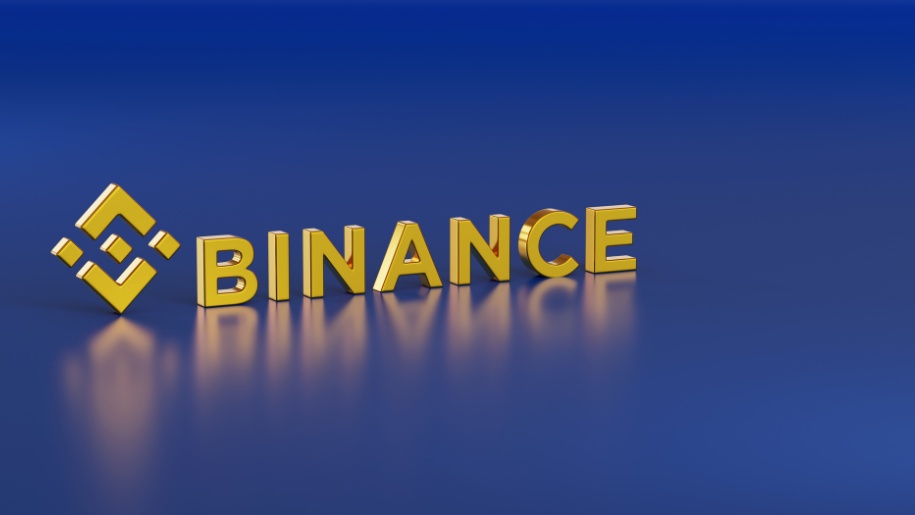Binance Smart Chain (BSC) has emerged as one of the most popular blockchain networks, offering a high-performance and low-cost environment for decentralized applications (DApps) and smart contracts. To participate fully in the BSC ecosystem and contribute to its security and decentralization, developers and validators can run their own Binance Smart Chain node. In this comprehensive guide, we'll walk you through the process of setting up and running a Binance Smart Chain node, providing valuable insights for both developers and validators.
Understanding Binance Smart Chain Nodes
Nodes are the backbone of any blockchain network, responsible for validating transactions, storing the blockchain's history, and participating in consensus mechanisms. In the case of Binance Smart Chain, nodes play a vital role in maintaining the network's integrity, security, and efficiency.
There are two primary types of Binance Smart Chain nodes:
- Full Nodes: Full nodes store the complete copy of the BSC blockchain and validate all transactions and smart contract executions. They participate in the network's consensus process and help ensure that all transactions comply with the network's rules.
- Validator Nodes: Validator nodes are a subset of full nodes that actively participate in the Proof of Staked Authority (PoSA) consensus mechanism. Validators propose and validate blocks, and they are selected based on the number of BNB tokens they have staked as collateral.
Running a Binance Smart Chain Node as a Developer
Running a Binance Smart Chain node as a developer provides you with a deeper understanding of the network's technicalities and empowers you to build and deploy DApps with greater control and efficiency. Here are the steps to set up your own Binance Smart Chain node as a developer:
- Hardware and System Requirements: Ensure that you have sufficient hardware resources to run a BSC node. You'll need a powerful server or computer with enough storage capacity and RAM to store the entire blockchain and handle transaction processing.
- Install Geth or Hyperledger Besu: Binance Smart Chain supports two client implementations: Geth and Hyperledger Besu. Choose the client you prefer, and follow the installation instructions provided by the BSC documentation.
- Syncing the Blockchain: After installing the client, you need to sync the BSC blockchain data to your node. Depending on the hardware and network speed, this process can take several hours or even days.
- Configure the Node: Adjust the node's configuration parameters based on your specific requirements. You can specify options such as logging level, network ID, and port numbers in the configuration file.
- Start the Node: Once the node is synced and configured, start the Binance Smart Chain node by running the appropriate command for your chosen client implementation.
- Monitoring and Maintenance: Regularly monitor the node's performance and health to ensure it operates smoothly. Keep the node's software and dependencies up to date to prevent potential security vulnerabilities.
Running a Binance Smart Chain Validator Node
Validators play a critical role in securing the Binance Smart Chain network and participating in the block production process. If you hold a significant number of BNB tokens and wish to contribute actively to the network's consensus, setting up a validator node is the right choice. Here's a guide to running a Binance Smart Chain validator node:
- Requirements and Staking: To become a validator, you need to hold a certain minimum amount of BNB tokens and lock them up as collateral (stake) to participate in the PoSA consensus. Make sure you meet the staking requirements set by the BSC protocol.
- Set Up the Node: Follow the same steps as running a developer node, but configure the node as a validator. Adjust the staking parameters and ensure that your node is ready to participate in block proposals and validations.
- Security Considerations: Running a validator node comes with a higher level of responsibility, as validators are critical to the network's security. Take necessary precautions to secure your node, such as implementing firewalls and using secure connection protocols.
- Monitoring and Uptime: Validators need to maintain high uptime to fulfill their block production duties effectively. Regularly monitor the node's performance and take measures to ensure its continuous operation.
Conclusion
Running a Binance Smart Chain node, whether as a developer or validator, offers invaluable insights into the inner workings of this thriving blockchain ecosystem. As a developer, having your own node enables you to deploy DApps with greater control and efficiency. As a validator, you actively contribute to the network's security and decentralization while earning rewards for your efforts.
However, setting up and maintaining a BSC node comes with responsibilities. It requires technical expertise, hardware resources, and a commitment to network security and uptime. Developers and validators must stay informed about updates and security best practices to ensure the smooth operation of their nodes.
By running Binance Smart Chain nodes, developers and validators actively participate in the growth and success of the BSC ecosystem, fostering a robust and sustainable blockchain network that benefits users, developers, and the entire crypto community.


No comments yet